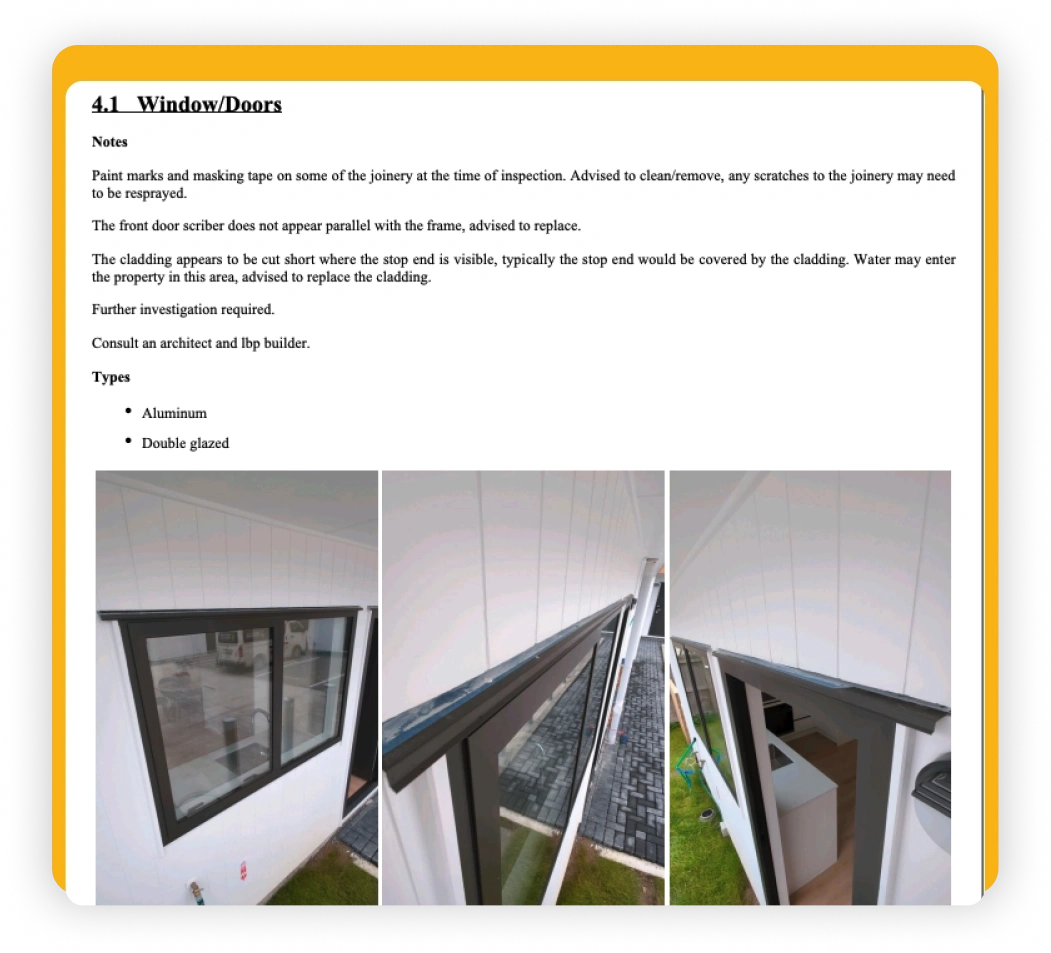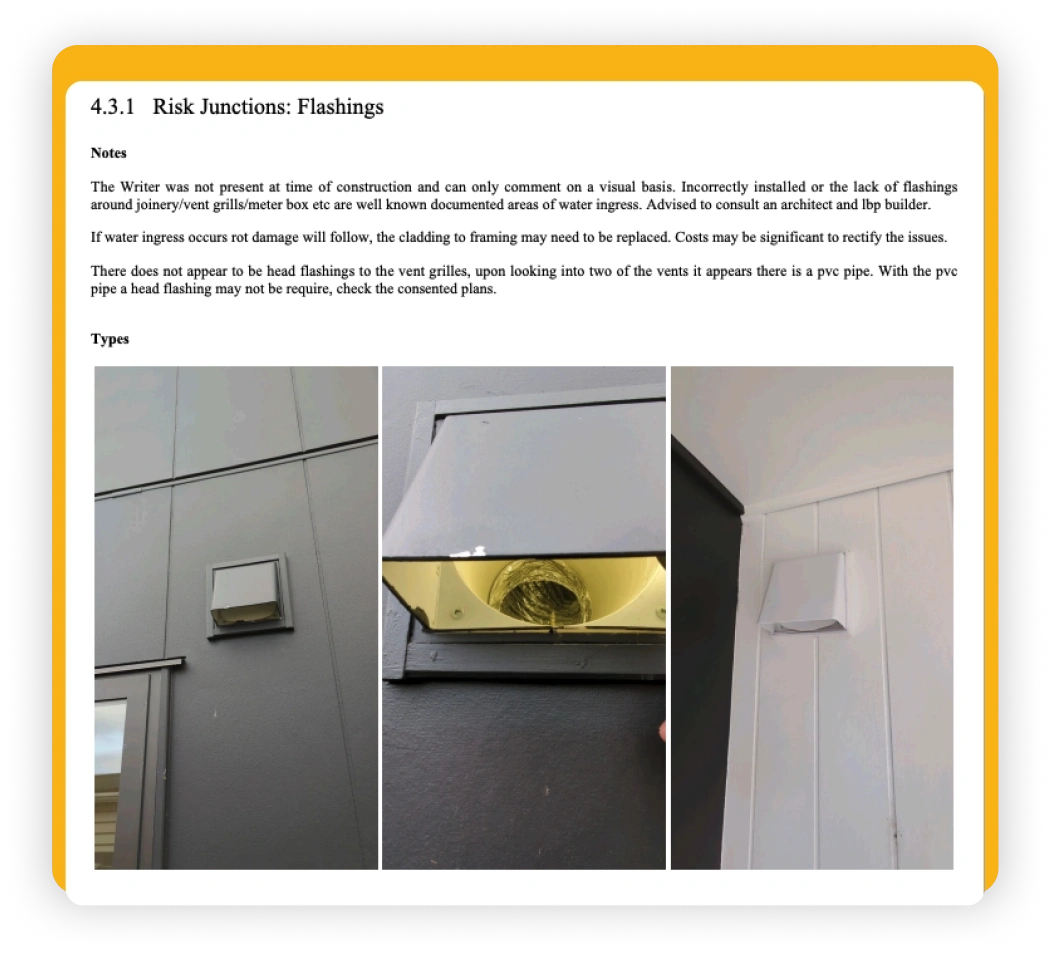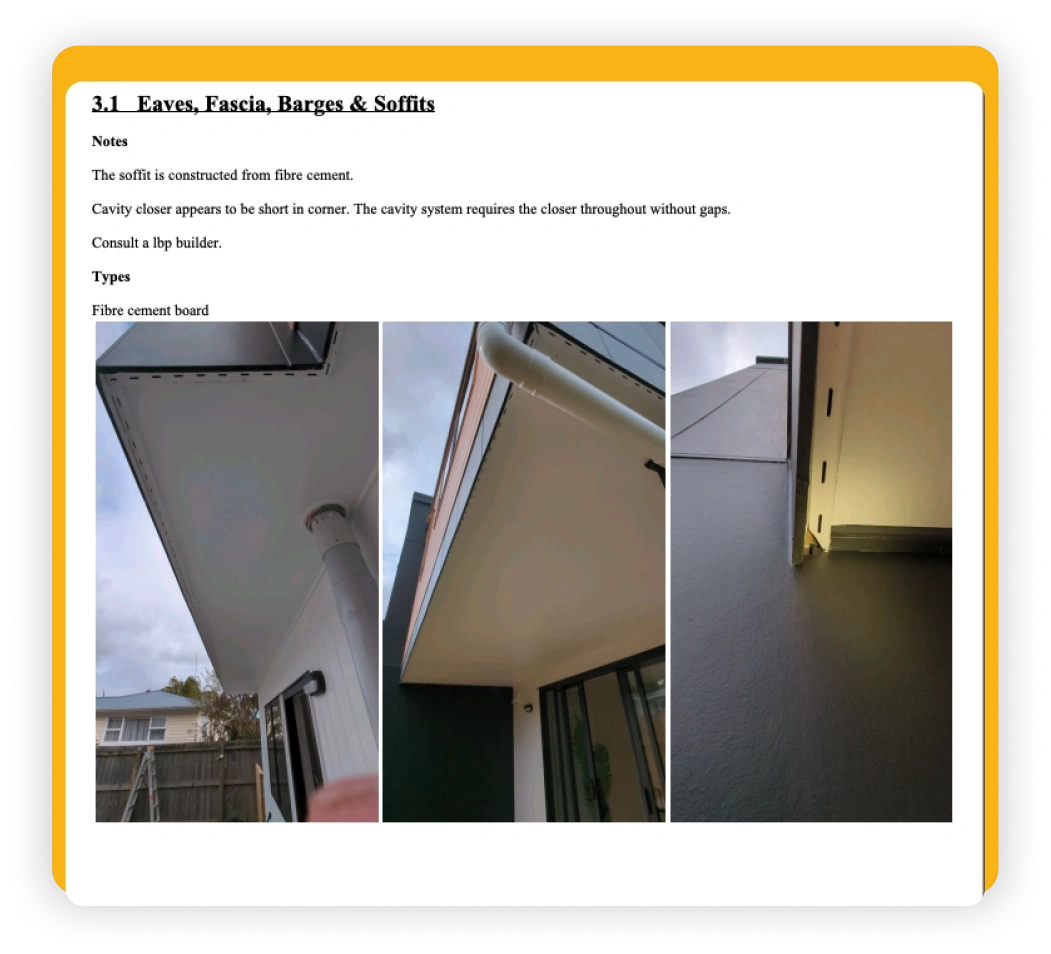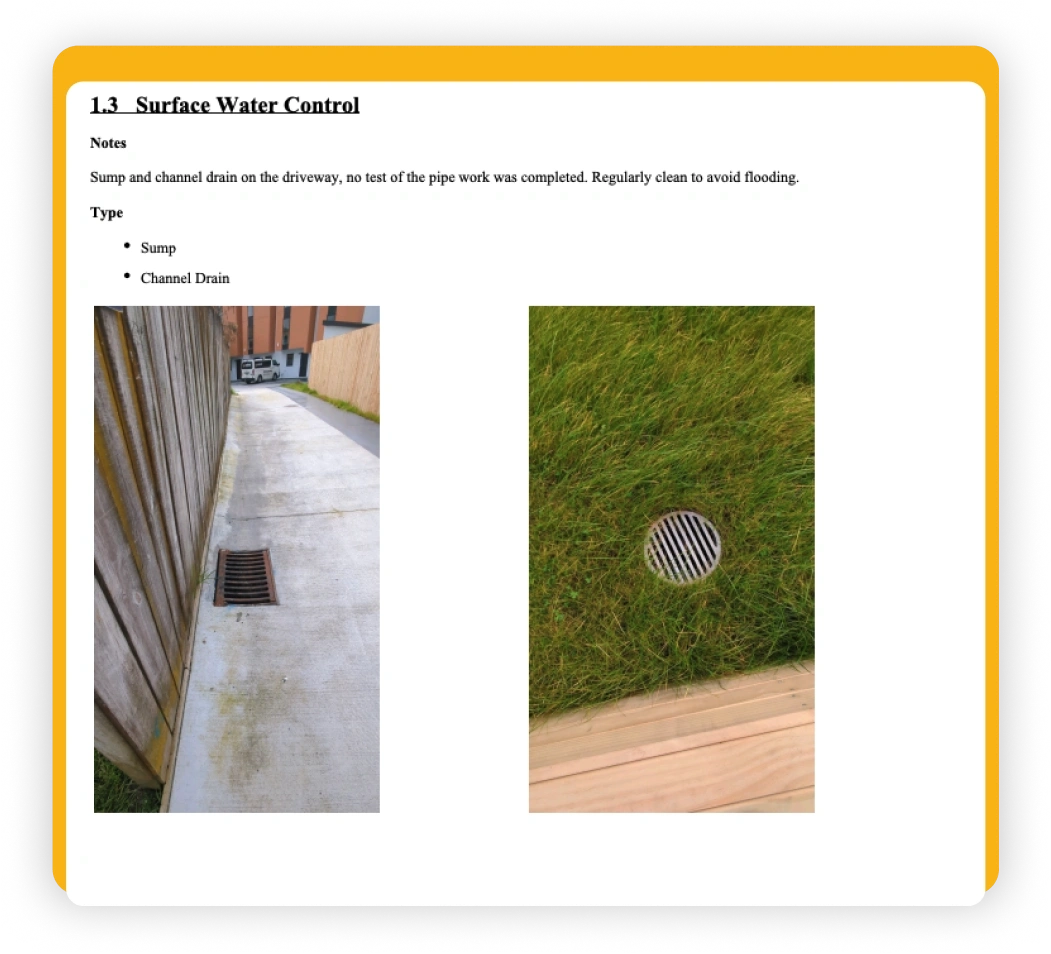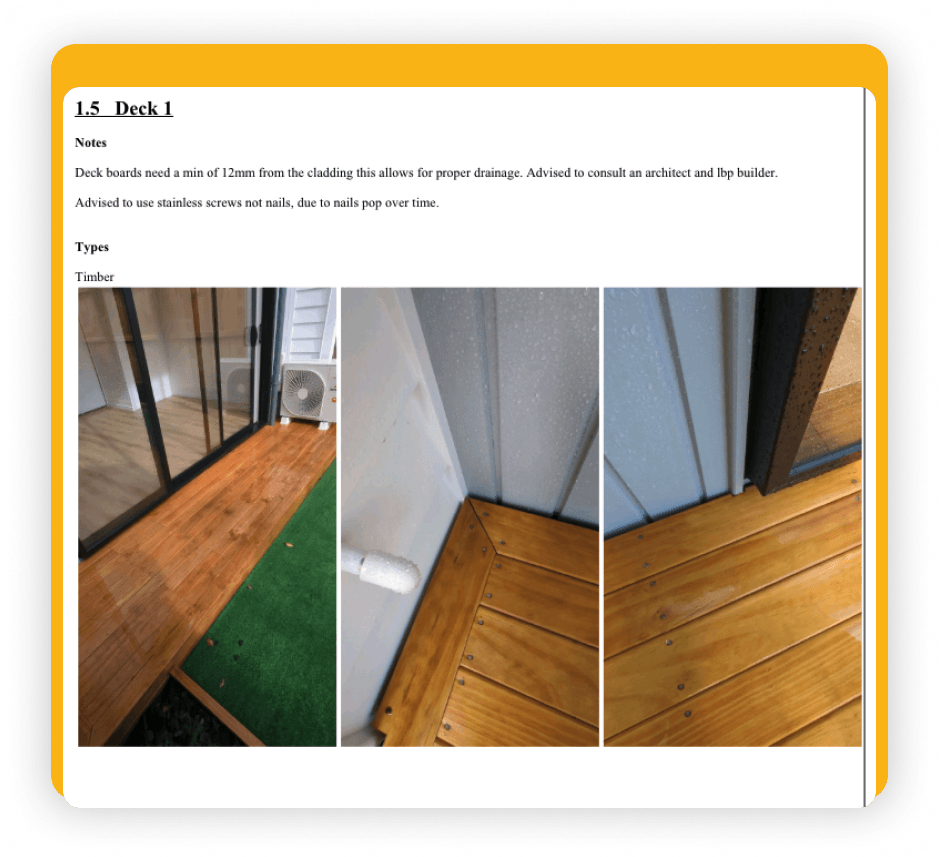The Building Report Torpedoed the Sale: A Response to Concerns About Building Inspections
Hi everyone,
I recently came across an article published on August 11th by Catherine Masters that raises some interesting points about building reports and their impact on the real estate market. As a building inspector in Auckland, I felt compelled to share my thoughts and offer a perspective that might help clarify the role and importance of these reports, especially when it comes to safeguarding buyers.
The Role of a Building Inspector: Protecting, Not Reassuring
The article mentions that around 50% of deals are “torpedoed” by building reports. From an agent’s point of view, I can understand the frustration—after all, their goal is to close deals and secure commissions. But let’s flip the script for a moment and look at it from the buyer’s perspective.
My job as an inspector isn’t to facilitate a sale; it’s to ensure that the buyer is fully informed about the property they’re about to purchase. Just like how two doctors might diagnose the same condition differently based on their experience and expertise, inspectors can vary in their assessments. However, the core purpose of any inspection is to uncover potential risks—whether major or minor—that could impact the property’s value or the buyer’s future.
Why Thoroughness Matters in Building Reports
A building report isn’t meant to reassure buyers that everything is perfect. Quite the opposite—it’s there to highlight issues, whether they’re big or small. The idea isn’t to scare buyers off but to protect them from any unpleasant surprises after the purchase. When the article mentions reports being “fierce” or sounding “scary,” I see this as a necessary part of the process. It’s far better to address concerns upfront than to adopt a “she’ll be right” attitude, only to face costly repairs down the line.
This is particularly relevant in the Kiwi culture, where there’s sometimes a tendency to downplay issues until they become too big to ignore. But here’s the thing: Ignoring a problem won’t make it go away. If a report highlights something concerning, it’s a sign that the issue needs attention—whether that’s by renegotiating the purchase price, asking the seller to make repairs, or in some cases, walking away from the deal entirely.
The Cost of Reports vs. The Cost of Ignoring Them
Yes, building reports can cost between $500 and $1000, which might seem like a lot upfront. But consider the alternative: if a significant issue goes unnoticed and leads to a court case, the financial repercussions could be catastrophic. As the article points out, legal cases involving inspectors can result in costs ranging from $500k to $1 million. When things go wrong, they can go very wrong—and it’s usually the inspector who bears the brunt of the blame.
In my view, a thorough report is worth its weight in gold. It’s about transparency and honesty, giving buyers the information they need to make an informed decision. Sure, it might mean some deals fall through, but isn’t it better to lose out on a sale than to face financial ruin later on? Most clients I work with appreciate this approach—they’d much rather know about potential problems now than be blindsided after the fact.
Conclusion
Building inspections are a critical part of the home-buying process. They’re not designed to make life difficult for agents or to derail sales; they’re there to protect buyers. A thorough, detailed report is an essential tool for anyone considering a property purchase, helping them avoid costly mistakes and ensuring they’re making a sound investment.
So, if you’re in the market for a new home, don’t shy away from building reports. Embrace them as a necessary step in safeguarding your future. And if you’re an agent or seller, remember that a deal falling through because of a report isn’t the end of the world—it’s a chance to address issues before they become insurmountable.
Thanks for reading, and if you have any thoughts or experiences you’d like to share, feel free to drop a comment or reach out.
Cheers,
William Lin
Director – Honeycomb Property Inspections
Some samples from our report:

